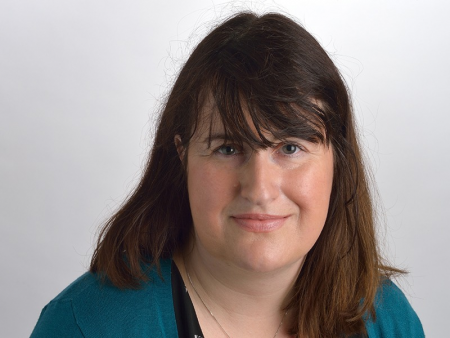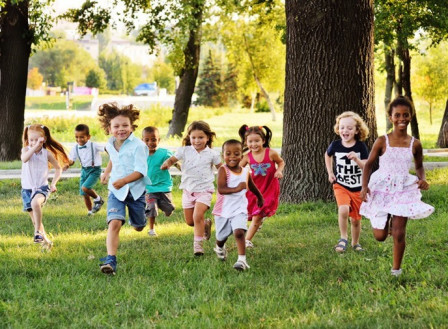
University of Bolton, Deane Road, Bolton. BL3 5AB
Tel:
Email:


“At the University of Bolton, we take great pride in providing a quality, supportive learning environment for our students.”
Professor George E Holmes DL | President & Vice Chancellor
“...tutors are very supportive and you’re not just a student ID number, at this university you are an individual with a name.”
Ellisse Vernon | BSc (Hons) Adult Nursing
Back to menu
Back to menu
Study with an Off-Campus Partner
Back to menu
Back to menu
University of Bolton, why we are the right choice
Location - Bolton, Greater Manchester

12/12/2022
 Paula Walsh, Early Years Childhood Studies Lecturer at the University of Bolton
Paula Walsh, Early Years Childhood Studies Lecturer at the University of Bolton The well-being of young children is at the forefront of early years practice, an issue which has been accentuated since the Covid-19 pandemic. The current early years curriculum has acknowledged the need for those working in early years to continue to promote social and emotional development through providing an emotionally secure environment and building positive relationships.
What is Self-Regulation?
Self-regulation is a key element in positive well-being. It refers to finding ways in which oneself can regulate and manage their emotions, behaviours and feelings, whilst finding ways to resolve upset and manage stress.
Why is promoting self-regulation important in the early years?
We know there is clear evidence to suggest that the first 1,000 days of life are the most crucial and where rapid brain development occurs. The promotion of self-regulation within these early years is fundamental for later in life. The ability to self-regulate has an immense impact on physical, and emotional well-being, whilst also impacting social, economic and educational attainment; so clearly this is an important element within early years.

How can the early years workforce support children to self-regulate?
Early years practitioners can support children to self-regulate through play. Play provides the opportunity to resolve conflict, problem solve, work together, learn from mistakes, and build resilience. The play environment should also include a responsive care giver who promotes positive behaviour, respects and identifies individual needs whilst modelling and facilitating learning in a way in which children understand, express and regulate their emotions, feeling and behaviour.
Who else can support young children to self-regulate?
Parents and the wider community can strengthen skills through providing a nurturing environment where skills can be scaffolded. How well these supportive adults promote self-regulation depends on many key facts. However, what is important is the adults own abilities to self-regulate.
The UK Government’s recent initiatives have highlighted the need for “economic, social and environmental well-being” to be addressed. However, such issues need to be put into context in relation to the early year’s workforce. Promoting the well-being of the early year’s workforce cannot only be beneficial to those individuals but also to the young children they support. We know that the well-being of young children is now being prioritised but the question which follows, also needs considering: is the wellbeing of the early year's workforce being prioritised and promoted?
Interested in pursuing a career in the early years sector? Let the University of Bolton support your career ambitions with a BA (Hons) Early Years Childhood Studies degree.
Come and enjoy #UniAsItShouldBe!